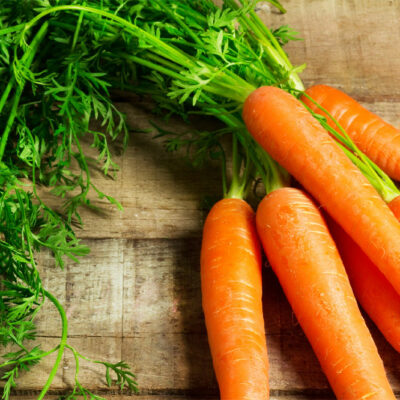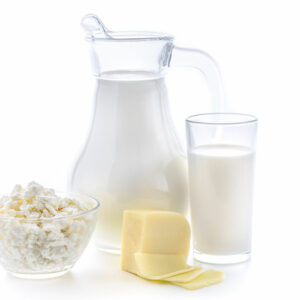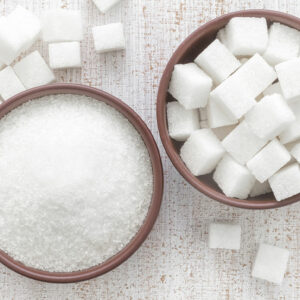
01
7 foods that are better for heart health
Studies have established that a poor meal regimen is the leading cause of cardiovascular diseases, type 2 diabetes, obesity, and other fatal conditions. However, eating healthy foods is not the only cornerstone to preventing and reducing mortality relating to heart conditions. Other factors such as a regular exercise routine and maintaining a reduced stress level can help, too. Here are some of the foods that are excellent for heart health: Salmon Among the category of fatty fish, salmon contains the maximum omega-3 fatty acids. Salmon is a type of unsaturated fatty acid that substantially reduces inflammation all through the body and decreases damage to the heart and blood vessels. Research has also pointed out that seafood reduces the likelihood of heart failure. An adult is advised to take two servings (approximately 3.5-4 ounces) of omega-3-rich fish per week for better heart health. For non-fish eaters, the best option would be to consume fish oil in the form of supplements to get the daily dose of omega-3 fatty acids. However, it is essential to be mindful of how the salmon is cooked. To reap the optimum health benefit, one should ensure not to deep fry the fish. Try different flavors, like garlic, as it is a superfood and is also linked to better heart health. Oatmeal Oatmeal is made of soluble, which easily dissolves in water and breaks the indigestible food into a gel-like substance in the colon region.
Read More 









